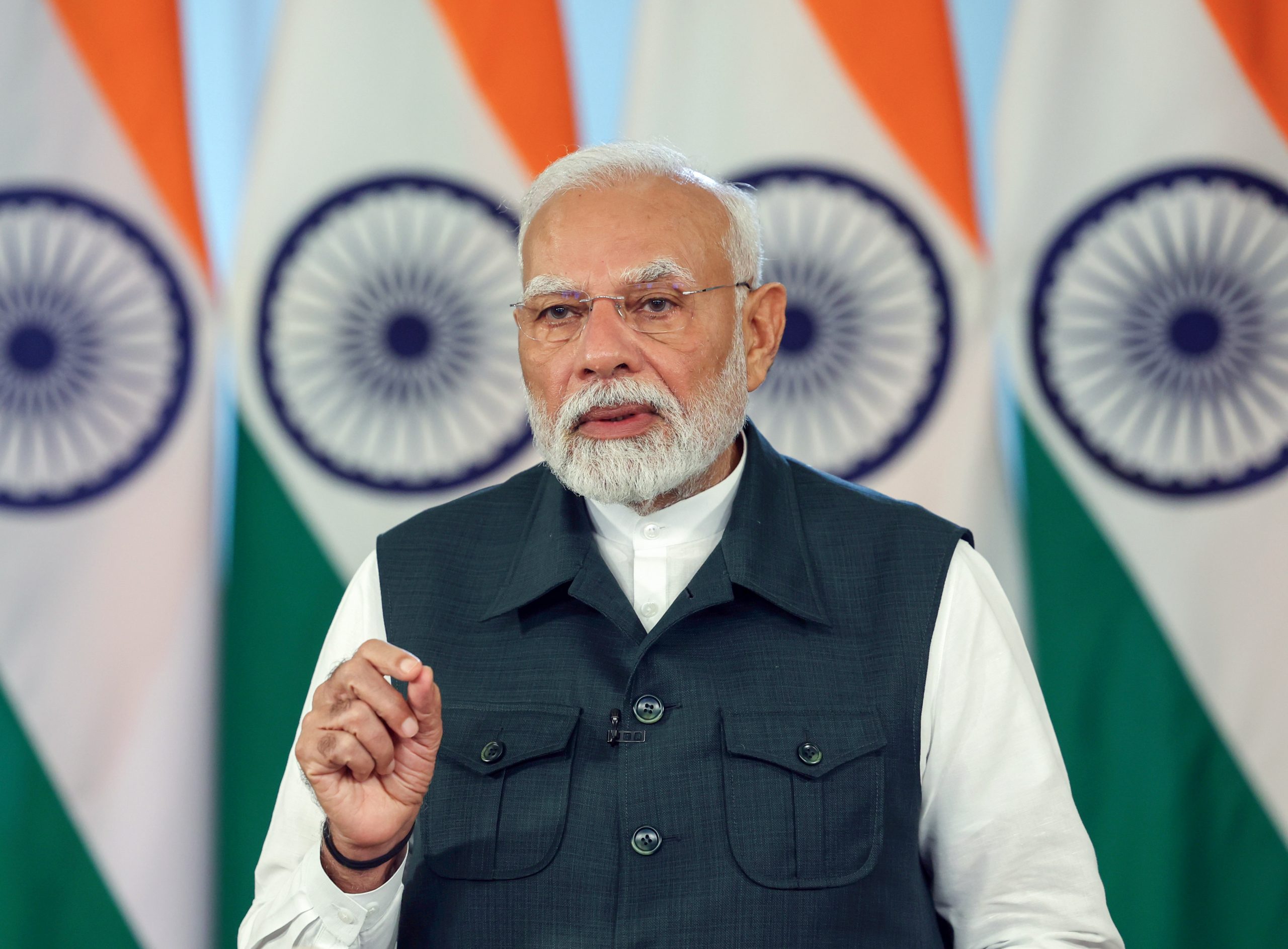Prime Minister Narendra Modi addressed the 2nd International Conference on Green Hydrogen today, outlining his vision to position India as a global leader in the production, utilization, and export of green hydrogen.
In his speech, PM Modi called upon the global scientific community to collaborate on shaping policies for the green hydrogen sector.
“I urge the global scientific community to come together to explore various aspects. Scientists and innovators can suggest changes in public policy to help the green hydrogen sector. We want to make India a global hub for the production, utilization and export of Green Hydrogen,” PM Modi said.
Highlighting India’s commitment to energy transition and sustainability, the Prime Minister noted that India was the first among G-20 nations to fulfill its Paris commitments on green energy, achieving this milestone nine years ahead of the 2030 target. He emphasized the significant growth in India’s non-fossil fuel capacity and solar energy capacity over the past decade.
PM Modi emphasised on the potential of green hydrogen in decarbonizing hard-to-electrify industries such as refineries, fertilizers, steel, and heavy-duty transportation. He also mentioned the launch of India’s National Green Hydrogen Mission, which aims to boost innovation, infrastructure, and investments in this sector.
Union Minister of Petroleum and Natural Gas, Hardeep Singh Puri, spoke about India’s natural advantages in green hydrogen production, citing the country’s low-cost solar energy and robust power grid. He mentioned the dramatic increase in India’s installed solar capacity from 2.6 GW in 2014 to 85.5 GW currently.
Union Minister for New and Renewable Energy Pralhad Joshi also addressed the summit and said that green hydrogen is a way forward to sustainability.
“India is moving to become a key global player in the green hydrogen market, that is why we launched the Green Hydrogen mission. Integrating the green hydrogen, between India’s energy mix and the industrial process will not only enhance our global positioning but also the environmental and social goals,” said Joshi.
(Inputs from ANI)




















